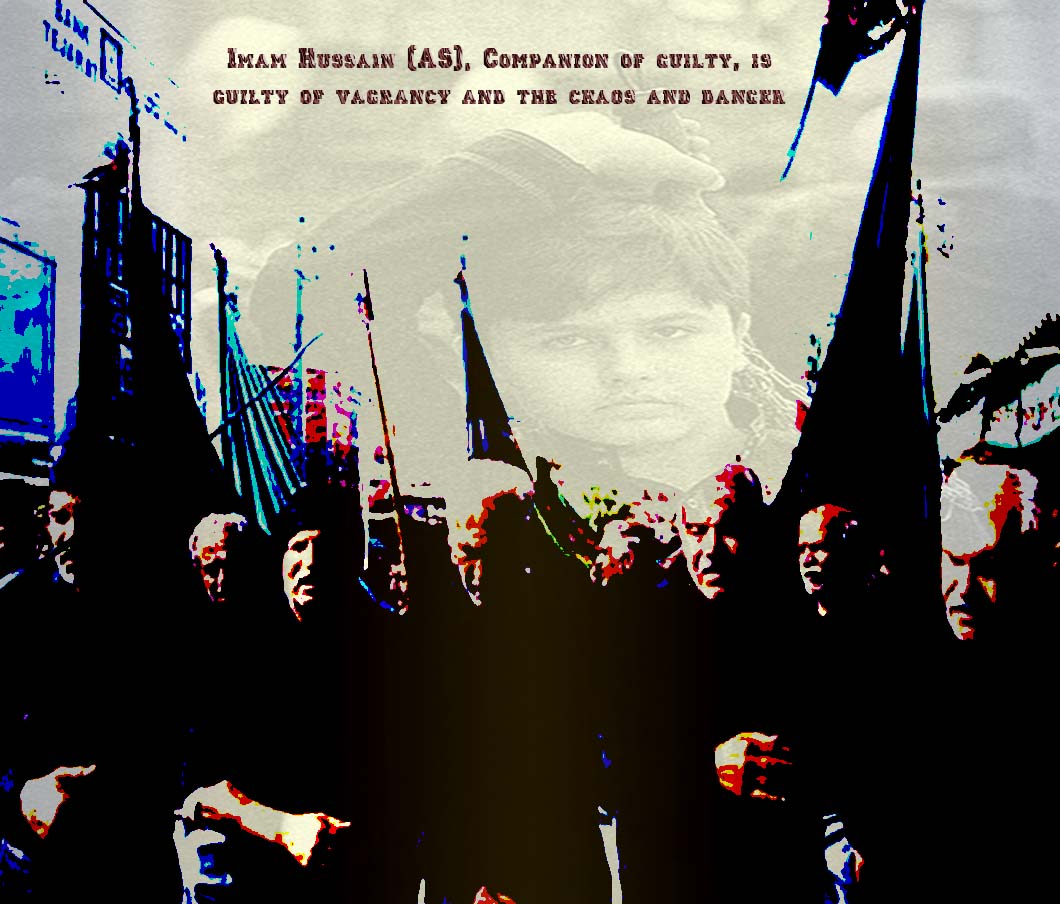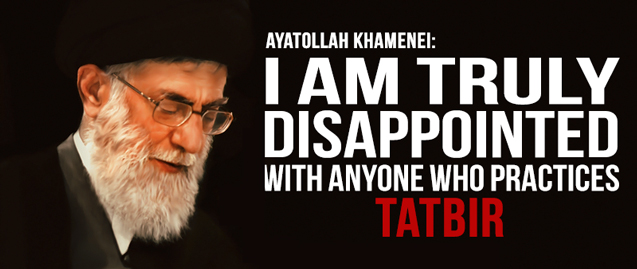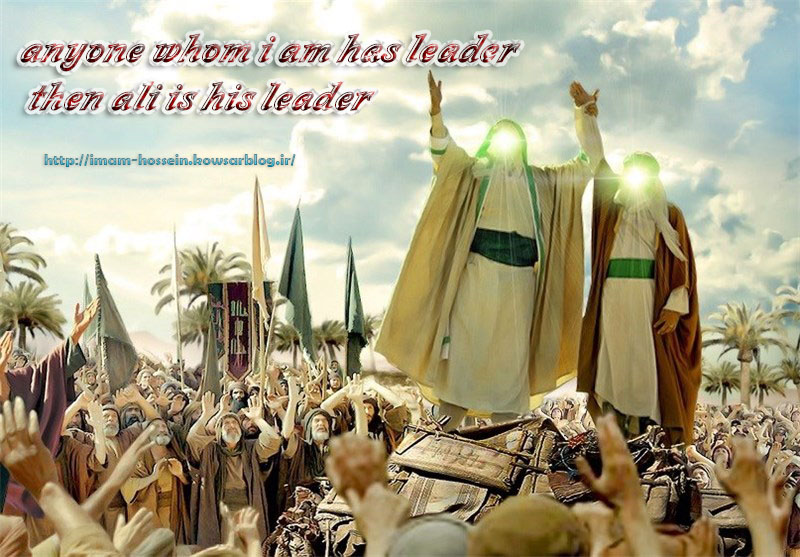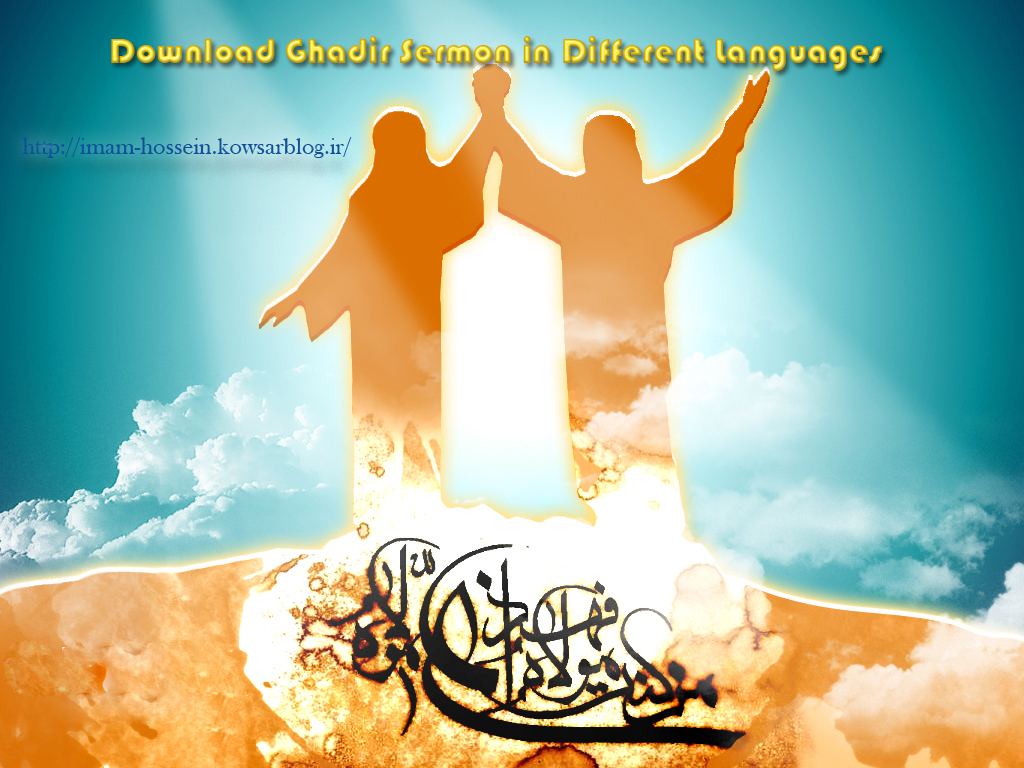Interpretation of Quran
نوشته شده توسط... 26ام مرداد, 1396
Introduction
Interpreting the Holy Qur’an has been among the first scientific activities of Muslims to deepen the understanding of religious beliefs. Undoubtedly, the Prophet Muhammad (P.B.U.H. & H.F.) was the first commentator of Qur’anic verses. In this regard, the Glorious Qur’an says, “We have sent down the reminder to you so that you may clarify for the people that which has been sent down to them.” Interpreting the Qur’an continued after the Prophet Muhammad (P.B.U.H. & H.F.) and was developed in different frameworks. However, Imam Sadeq’s narrations about commentary on the Qur’anic verses are specifically significant. Theses narrations are available in a large number and can be found in all the 30 chapters of the Holy Qur’an. What is taken into consideration in this paper is reviewing the points and issues that are mentioned as the principles and requirements of commentary on the Holy Qur’an in Imam Sadeq’s interpretive narrations
Abdullah ibn al-Hassan's Story
نوشته شده توسطرهــا 25ام مرداد, 1396
Abdullah ibn al-Hassan’s Story
Imam told Abdullah that was suffering a severe pain because of her hand being cut:
“O my brother’s son! Wait! God will join you with your faithful and pure fathers, the
Prophet, Ali, Hamze, Jafar, and Hassan. “
If my fate delayed me and prevented me from helping you, if I wasn’t there to fight
with your enemies as your companion, I cry for you every day and night, I lament
your loss so bitterly till I die for the grief of the hardships you underwent.
Imam’s prayer after the martyrdom of Abdullah ibn al-Hassan: “O God! Withhold the
drops of rain from these people and deny them the blessings of your earth! O God! If
you give them a grace period to live, divide them into separate ununified groups.”
Download Ghadir Sermon in Different Languages
نوشته شده توسطرهــا 25ام مرداد, 1396Tatbir (Self-Flagellation) is a fabricated and anti-Islamic tradition
نوشته شده توسط... 25ام مرداد, 1396
Self-flagellation is forbidden (Haram) in Islam. Some great scholars such as Grand Ayatullah Khamenei who is the leader of Islamic Republic of Iran have prohibited any self-mutilation such as self-flagellation with knives or chains and even walking on fire
“Practicing Tatbir (i.e.self-flagellation) is one of the wrongdoings. I know that some people would say: “It was better for him not to mention Tatbir.” They would say: “Why do you bother with Tatbir? Some people do it, let them do!”. No! it’s not right to remain silent toward such a wrong action…
It is wrong that some people hold daggers and hit themselves on the head to bleed. What are they seeking?! How can this be an act of mourning?! Of course hitting on the head with one’s hands is a sign of mourning. You have seen it several times that when people face suffering, they hit on their chests and heads. This is a typical symbol of mourning. But where have you ever seen a person who is suffering from the loss of a dear one, hit on their head with a dagger and make it bleed?! How can this be an act of mourning?
Tatbir is a fabricated tradition. It is among the issues that does not belong to the religion and undoubtedly God is not also pleased with such a practice.
The more I thought about it, the more truly I realized I cannot overlook informing our dear people about Tatbir which is certainly an act of wrongdoing and a heresy. Do not practice it! I do not approve of it. If someone does something to pretend that they want to
practice Tatbir, I will be truly dissatisfied with them. I am declaring this solemnly.
What day is Ghadir
نوشته شده توسط... 25ام مرداد, 1396
The reflections of the event of Ghadeer have continued to shed their rays throughout the vide expanse of the entire human civilization.
Ask the commentators of the Quran, contact the compilers of the Hadith, interrogate the historians, inquire from the biographers, discuss with the intelligentsia, consult the scholars and then ponder on the importance of the event of Ghadeer.
Every heart has been moved by the event of Ghadeer and every soul has been stired by it. This event has established its authority among various religious and social groups and almost every school of thought has acknowledged its authenticity.
Ghadeer is that living truth which emerged from the horizon of history, shedding its light like the sun and stars on every age and region.
When we look towards the origins, sources and authorities of Ghadir we feel that the enthusiasm and spirit, which the scholars, commentators and historians have shown in this connection, has been exemplary. Perhaps no other event of Islamic History has been related or written with such zeal and zest.
In every age, Ghadir has stirred the imagination of so many poets and writers. From the very inception of this event up to this day in all ages the masters of art and poetry have written in praise of Ghadir. This event is an everliving topic for the literary gatherings of the Orient.
Impressed by the extra-ordinary fame and importance of the event of Ghadir no less a scholar than the famous Allama Zia-Uddin Muqbibi (deceased 1108 A.H.) had to decide that `if the tradition of Ghadir is not considered to be wellknown then no aspect of the religion of Islam can be traced and proved’.
When asked about what the Muslims should do on this auspicious day the Imam said, “Keep fast on this day, busy yourselves in prayers, and devote yourselves to the service of God. It is also essential to remember and narrate the virtue of Prophet Muhammad (s.a.w.) and his Descendants because the Prophet had asked Ali to observe the day of Ghadir as a day of rejoicings. The conduct of all the Prophets had been to declare the day of appointment of their successors to be the day of rejoicings".
